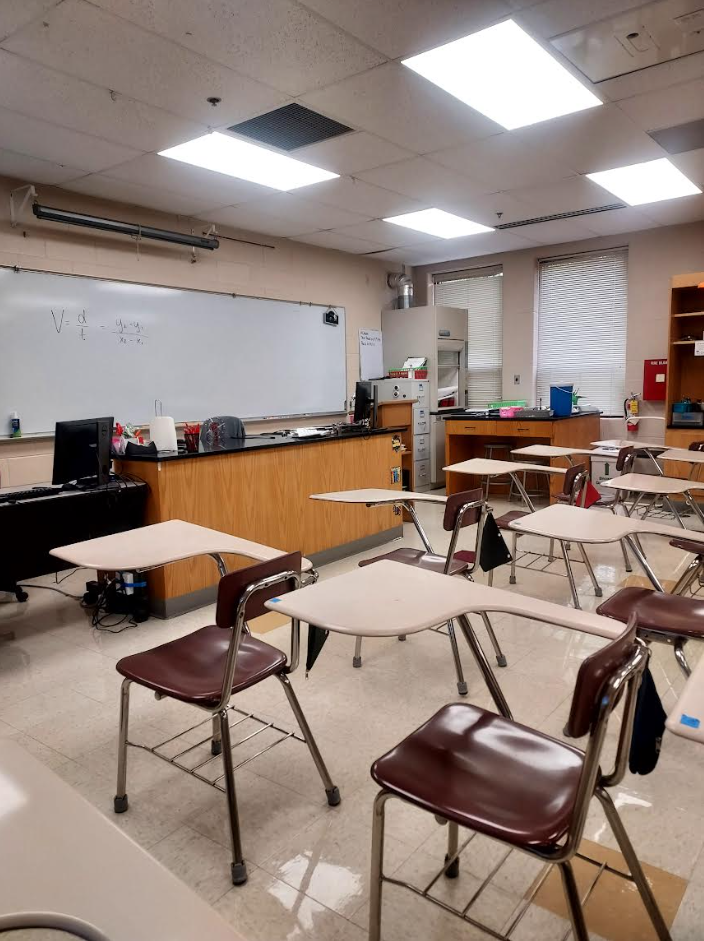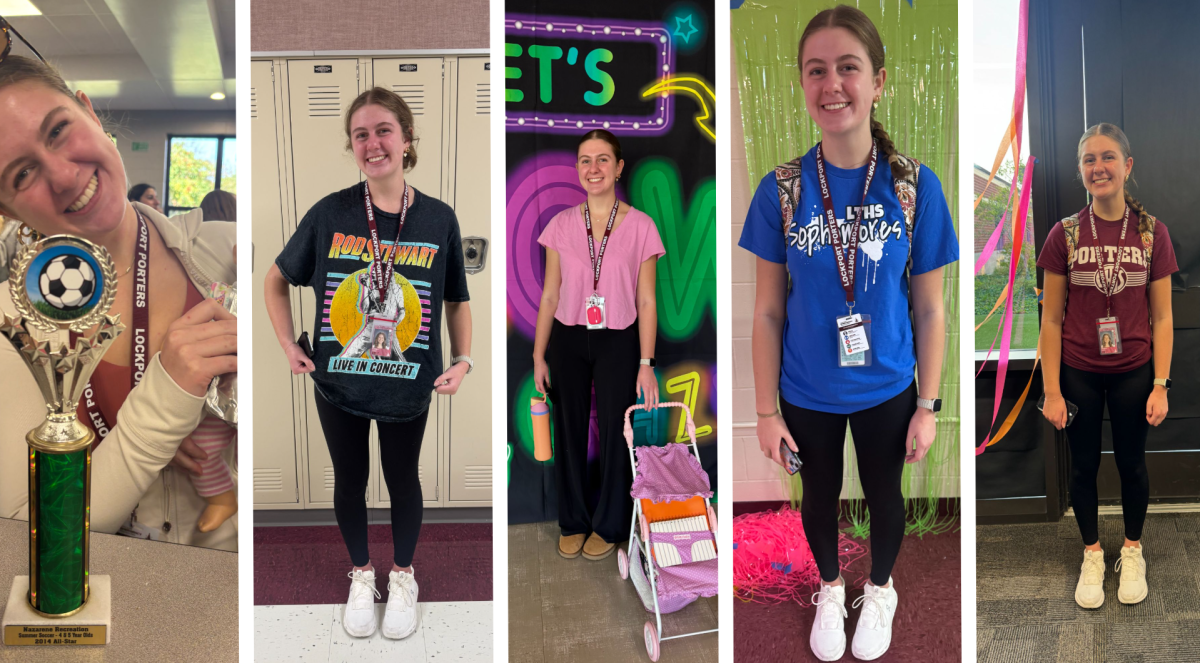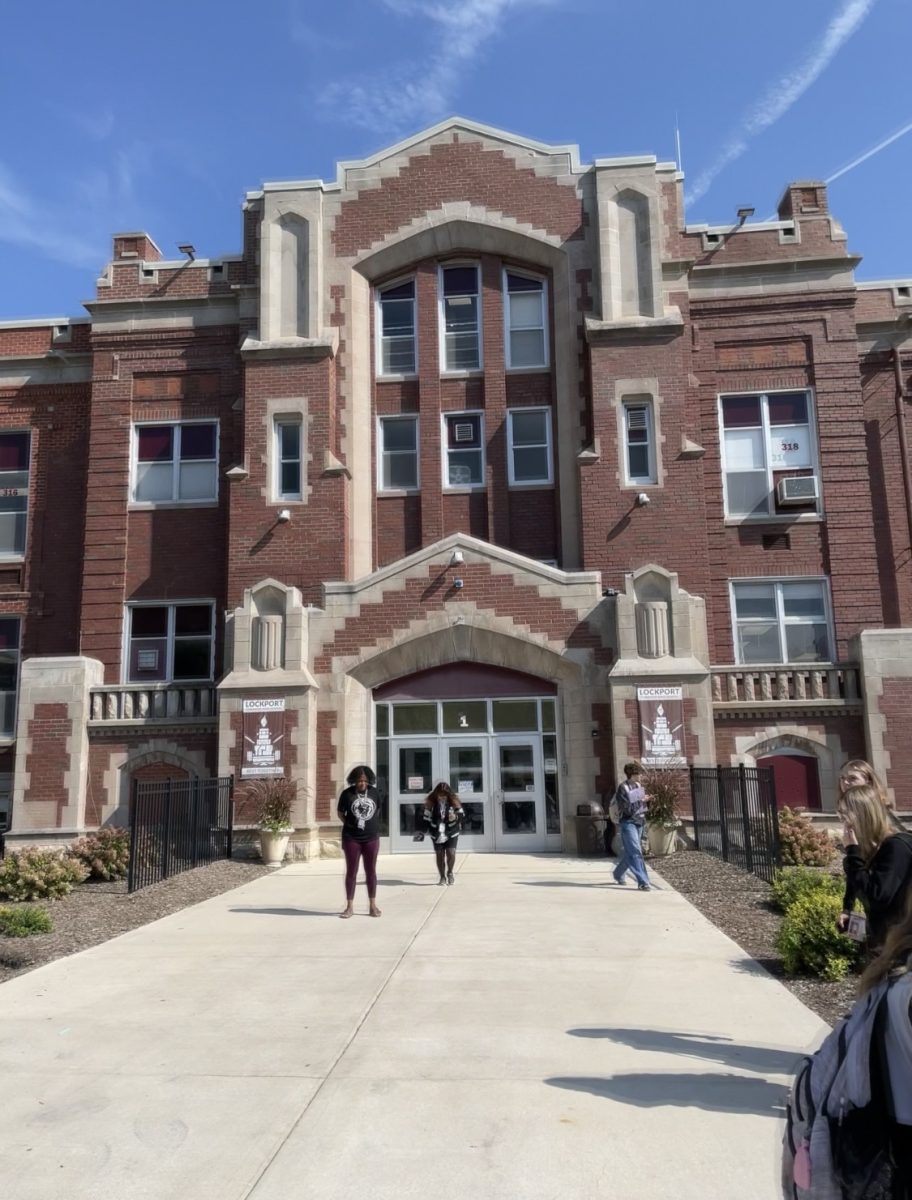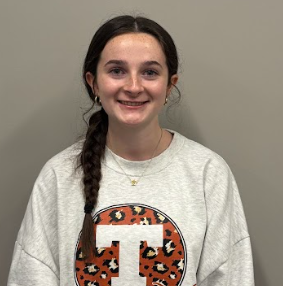At Lockport Township High School, students are given a period of the school day to visit another teacher for a class that they may be confused in or need extra help. This free period is known as COMPASS. COMPASS is an institutionalized period during the day that started in order to provide students with additional time and support to improve their academic performance. It can help in many ways because it is an alternative to after-school tutoring. However, is COMPASS really a good use of time during the school day, or are there more productive ways of using our time?
This resource can help in many ways: it can offer students an opportunity to get work done, ask questions, and receive instruction if they were absent. We have all had times when we were confused before a test or didn’t understand the material we learned in class that day, causing us to reach out to a teacher for extra help.
While many schools offer after school tutoring to solve these problems, not everyone has the time to stay for another hour, or the ability to procure a ride home. “I like COMPASS,” said sophomore student Brooklyn DeSoto. “It’s a great time for me to get work done or get help on a topic I am confused about.” DeSoto, a student athlete, understands how busy it can be balancing sports after school.
There are many student athletes who have practice directly after school, then leave for another practice where they may be for the rest of the night. The stress of coming back home after a long day and knowing you are still unsure of a topic that will be on a test the next day can be overwhelming for students, causing COMPASS to be a much needed resource.
Many members of the LTHS staff have also seen the benefits of COMPASS throughout the years. “Students who use COMPASS productively definitely benefit from the opportunity to get extra support from teachers” believes Mr. Dubiel, an English teacher here at Lockport. For this reason, many believe that COMPASS is extremely beneficial by providing students additional time to get work done.
However, there are also doubts that COMPASS may not be the best use of time. In COMPASS sessions, there are limited seats for each teacher, causing potential conflicts when a student who needs help cannot get a spot in their teacher’s class. Even when a student is visiting a teacher’s COMPASS, they may not receive the help they need because the teacher is busy helping another student.
Sophomores Bella DeSchaaf and Sophia DalPonte have experienced this firsthand. “I feel like when it’s a core class like math or chemistry, there’s a lot of people in there at the same time, and I don’t always feel like I don’t always get enough support,” said Dalponte.
DeSchaaf has also had these problems, but acknowledges that “it might not be directly a teacher’s fault, there is just a better way to organize COMPASS.” By not being able to reach their teacher during this time, students have found that COMPASS is not consistently beneficial.
Without COMPASS in our schedule, a student’s grades could be improved by asking questions during an extended class period, rather than attempting to ask during COMPASS.
While there are rational reasons for why COMPASS time could be used more efficiently,
the overall advantages of COMPASS outweigh the disadvantages by allowing students to improve their grades and understanding of a topic during a school day. Many students have seen firsthand the effects of COMPASS on their grades and can see the benefits of having COMPASS as a part of their daily schedule. Therefore, COMPASS is a helpful resource for students at Lockport Township High School.







